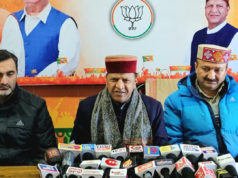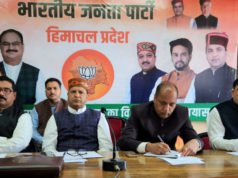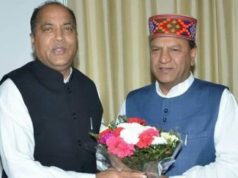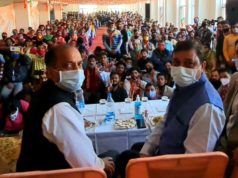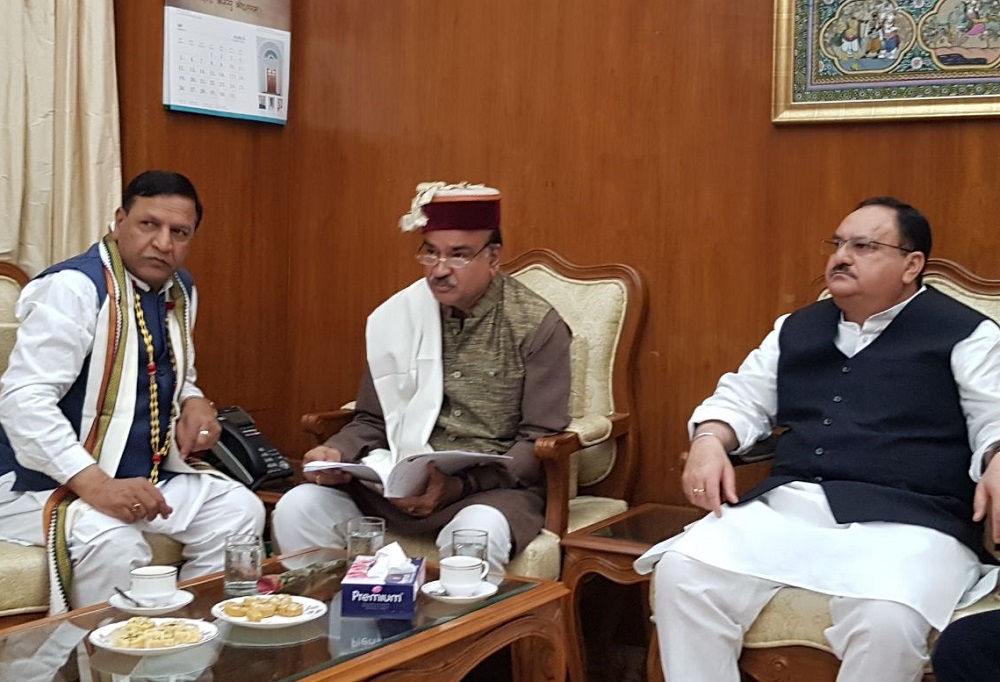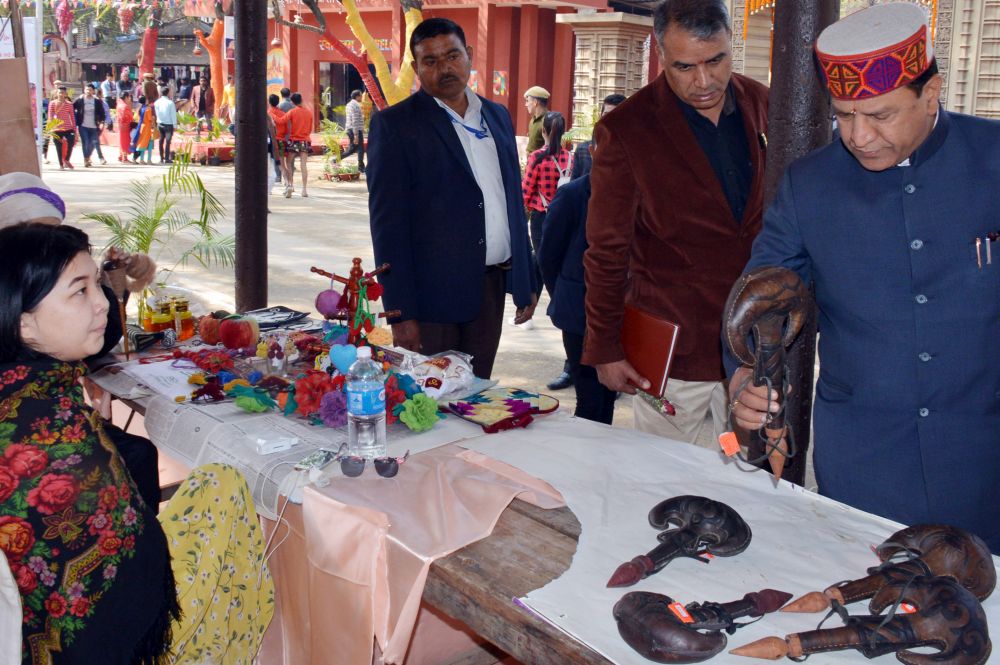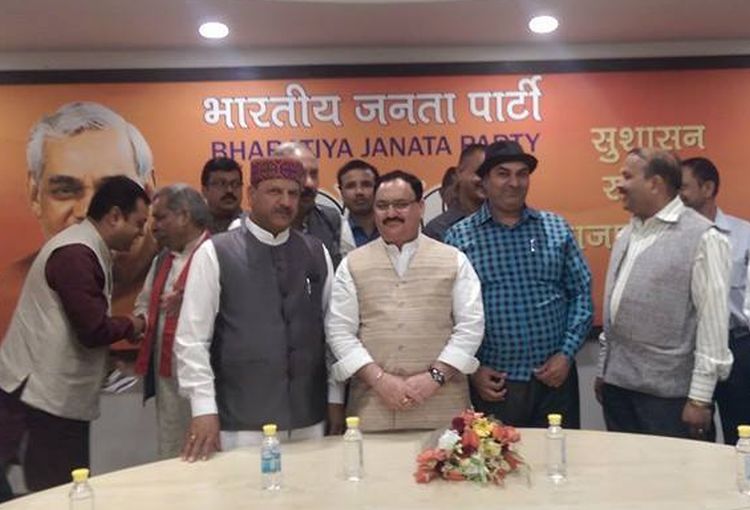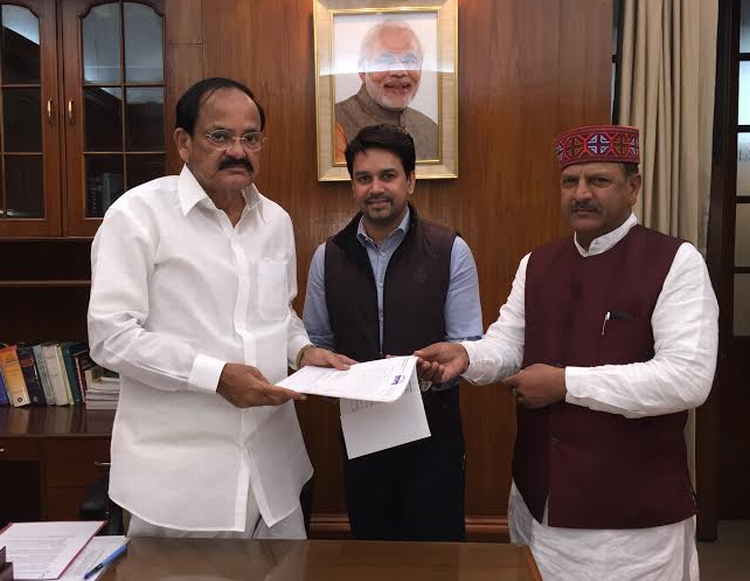In a significant move aimed at supporting farmers and ensuring their access to affordable fertilizers, the Indian government has extended the urea subsidy scheme for another three years. This commitment reflects the government’s dedication to the agricultural sector and its ongoing efforts to empower farmers across the country. Dr. Rajeev Bindal, BJP State President, has applauded the decision, highlighting its potential to alleviate financial burdens on farmers and foster agricultural growth.
Under the extended urea subsidy scheme, farmers will continue to have access to urea at a fixed price of Rs 242 per 45 kg bag, excluding taxes and neem coating charges. This initiative aims to reduce farmers’ input costs and provide them with a stable and affordable supply of urea, a vital fertilizer for crop cultivation. The subsidy package, amounting to approximately Rs 3.70 lakh crore over the next three years (2022-2025), reaffirms the government’s commitment to supporting farmers’ welfare and agricultural development.
Dr. Bindal has expressed his satisfaction with the government’s decision, emphasizing the positive impact it will have on farmers. With the continuation of the urea subsidy scheme, farmers will be relieved of the burden of procuring urea at higher market prices, significantly reducing their financial strain. Dr. Bindal believes that this move will enhance the affordability of urea, ensuring its accessibility to farmers across the country and bolstering agricultural productivity.
The urea subsidy scheme, fully funded by the Government of India through budgetary support, not only supports farmers but also promotes indigenous production of urea. The government’s commitment to increasing domestic production aligns with its vision of attaining self-sufficiency in urea. By encouraging indigenous production, the government aims to reduce dependency on imports and strengthen the agricultural sector’s resilience.
Dr. Bindal commended the Modi government’s consistent efforts to shield farmers from the impact of volatile global fertilizer prices. In recent years, fertilizer prices have experienced significant fluctuations due to geopolitical dynamics and rising raw material costs. However, the Indian government’s proactive measures, including increasing the fertilizer subsidy from Rs 73,067 crore in 2014-15 to Rs 2,54,799 crore in 2022-23, have helped mitigate the burden on farmers.
Looking ahead, the government has set ambitious goals to revolutionize the agricultural sector further. By 2025-26, it plans to commission eight Nano Urea plants with a production capacity equivalent to 195 LMT conventional urea, resulting in approximately 44 crore bottles. Nano Urea, a revolutionary fertilizer, enhances soil nutrient capacity while reducing farming costs. Its adoption has led to increased crop yields and greater sustainability in farming practices.
The establishment and revival of six Urea Production Units in various regions of the country have played a pivotal role in boosting urea production and availability. Driven by initiatives such as Chambal Fertilizer Limited in Kota, Rajasthan; Matix Limited in Panagarh, West Bengal; Ramagundam in Telangana; Gorakhpur in Uttar Pradesh; Sindri in Jharkhand; and Barauni in Bihar, India has made significant strides toward self-reliance in urea production.


